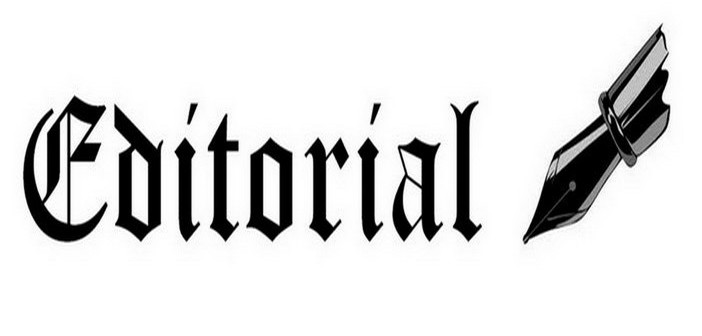Why has the Saudi kingdom not mobilised a single one of their soldiers to fight the Islamic State (IS) in Syria and in Iraq, when 150.000 of them have been sent to the Yemeni border, to counter the Shi’ite rebellion of the Houthis?
Why has Saudi Arabia only sent five planes to participate in the international coalition against the IS, when it disposes of near to 400 units and has deployed about a hundred of them in Yemen?
Why have the Gulf monarchies massively guaranteed their support to Riyadh to restore the Saudi protectorate in Sanaa, when most of them are absent in the global alliance against Daesh?
Why have the Western nations, who are generally very keen on flying the banner of human rights to justify armed interventions all around the world, not yet dared to demand of Saudi Arabia to end its policy of mass executions and public tortures based on a penal code that is as archaic as it is barbaric?
Not even France, the great teacher, the powder monkey of the Libyan and Syrian “revolutions”… France seems to have understood before all others that the progressive self-sustainability of the US in matters of energy leaves it free play in the Arab peninsula; France is always ready to sink its fangs into the bone that the Yankees leave behind and up for grabs – as was the case in Zaïre, at the time when James Carter turned his back on the dictators. “France can not base its foreign policy solely on the defence of human rights”, titled the French daily, Le Monde; and what are human rights worth in the view of 10 billion euros of contracts, negotiated in October 2015 in Riyadh by the French Prime Minister Emmanuel Valls?
France thus becomes, step by step, the best ally of Saudi Arabia, who is looking for friends and nearly desperately clings on to Paris…
Indeed, Washington seems driven, since very recently, to negate the Quincy Pact and to send its old and not very reliable ally packing – having just about supplied enough petrol on the one hand, but on the other, continuing to finance armed Jihadism that has destroyed the World Trade Center towers and now kills Parisians… Washington has had enough and the thawing of relations with Tehran has given it wings.
But let us not be mistaken: the agreement on nuclear non-proliferation, signed with Iran, is nothing of a cause, rather an effect of this.
An effect, of which the reasons are known: on the one hand, the opening of the markets (petrol included) to foreign investors, an accepted opening – even wished for by president Hassan Rohani and the Iranian right, which since June 2013, replaced the social security and rural development policy of the predecessor Ahmadinejad by a seemingly ultraliberal policy. On the other hand, and very importantly, the necessity to imply Tehran in the war against the IS; Iran is the only power liable to deploy infantry units that the international coalition is today badly lacking, as the air strikes manage to contain the Jihadists, but not to eradicate them.
Quite some things have changed in the Middle East, and Saudi Arabia, more and more fingers being pointed at it and increasingly isolated, losing at its own game, is stuck by a more than Cornelian conjuncture, between the necessity to counter Iran, facing a West that is less and less inclined to pardon its support to the Jihadist Sunni cause, to “terrorism”, and confronted with its creature, whose eyes are turned towards Mecca and whose lips already whisper the exigency of the submission of the Arab princes to the Caliph Ibrahim.
The double attacks of Paris have woken up the Western chancelleries (but apparently not the Quai d’Orsay, which continues to simper at the side of Riyadh, selling weapons and the whole kit and caboodle to those that have on their hands the blood of French citizens – knowing also that, by the way, King Salman will have to be quiet after president Hollande has received Hassan Rohani at the Élysée palace to sell him some Airbuses).
The spectacularised execution of the Shi’ite preacher Bakir al-Nimr has perhaps been the one affront or provocation too many, that has exasperated the West. The West is a little worried in these critical times, to put an end to the proxy war that the Bedouins of Riyadh, yesterday’s tramps, are leading, at their expense, against the Westerners’ new friends –finally back in good graces-, the Persian lords with the millennial history.
This has (probably) nothing to do with it, but… In the meantime… In Tunisia… The climate is becoming heavier… Less and less favourable to the freedom of speech.



